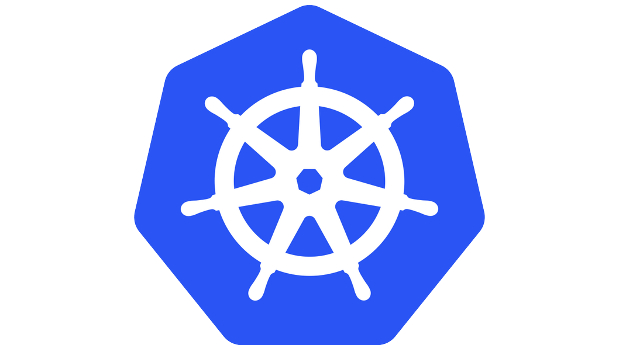
Eclipse proposes Kubernetes development tools
The Eclipse Foundation has proposed the creation of an open-source project called Eclipse Tempest to build tools for developing, testing, and debugging applications for the Kubernetes container orchestration platform. The tools would also help developers migrate existing applications to Docker and Kubernetes.
With Tempest, Eclipse wants to provide tools for building Kubernetes applications without regard to integrated development environment (IDE) or programming language. The initial code contribution is to include plug-ins for the Eclipse Java IDE, the Eclipse Che cloud IDE, and Microsoft’s Visual Studio Code editor.
A tech preview and beta of Tempest are scheduled for Q3 2019. The first release is planned for Q4 2019.
Capabilities of the Tempest toolkit are to include the following:
- Rapid development of an application from a template or sample.
- Support for launching, updating, testing, and debugging in Docker containers on the desktop and directly on Kubernetes.
- Help to move an existing application to Docker and Kubernetes.
- Validation to ensure that applications follow best practices.
- A common library for consistent testing and deployment of applications across IDEs.
In explaining the reasoning behind Tempest, Eclipse notes that applications traditionally have been developed on the desktop, debugged locally, and then built and deployed through an automated DeVops pipeline. The arrival of Docker allowed the runtime to be packaged and moved between environments, with Kubernetes emerging as a deployment system for large-scale Docker deployments. However, deployment is still usually done on a local environment without taking advantage of these new technologies.
Eclipse, meanwhile, has desktop and cloud IDEs but no tools to help develop, debug, or deploy applications on Kubernetes. Nor does it provide any consistency in building cloud-native applications regardless of IDE. Tempest is intended to fill both gaps.
Tempest is a subproject of the Eclipse Cloud Development project. Introduced April 18, Tempest follows Google’s introduction earlier this month of Google Cloud Code, which similarly features plug-ins for IDEs to assist with the development of Kubernetes applications.
IDG News Service






Subscribers 0
Fans 0
Followers 0
Followers